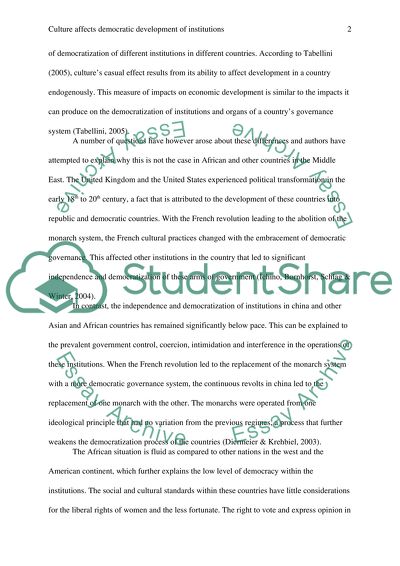Cite this document
(“Regional Politics (Africa, Middle East or East Asia) Essay - 1”, n.d.)
Regional Politics (Africa, Middle East or East Asia) Essay - 1. Retrieved from https://studentshare.org/history/1498956-regional-politics-africa-middle-east-or-east-asia
Regional Politics (Africa, Middle East or East Asia) Essay - 1. Retrieved from https://studentshare.org/history/1498956-regional-politics-africa-middle-east-or-east-asia
(Regional Politics (Africa, Middle East or East Asia) Essay - 1)
Regional Politics (Africa, Middle East or East Asia) Essay - 1. https://studentshare.org/history/1498956-regional-politics-africa-middle-east-or-east-asia.
Regional Politics (Africa, Middle East or East Asia) Essay - 1. https://studentshare.org/history/1498956-regional-politics-africa-middle-east-or-east-asia.
“Regional Politics (Africa, Middle East or East Asia) Essay - 1”, n.d. https://studentshare.org/history/1498956-regional-politics-africa-middle-east-or-east-asia.


